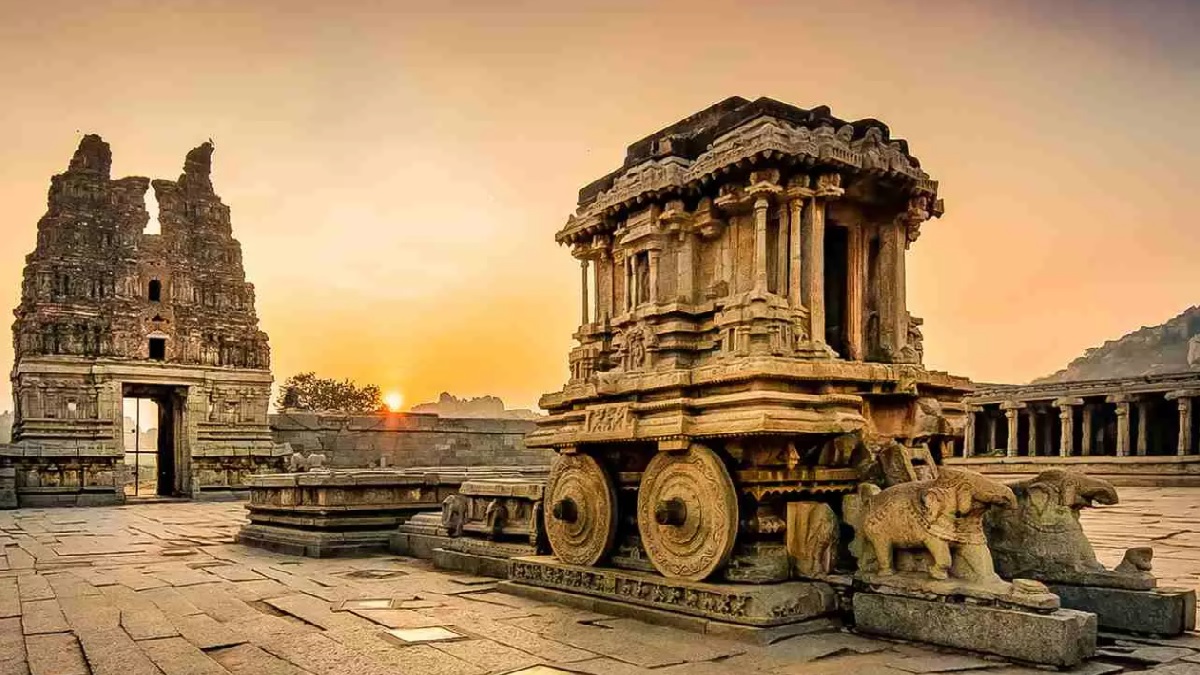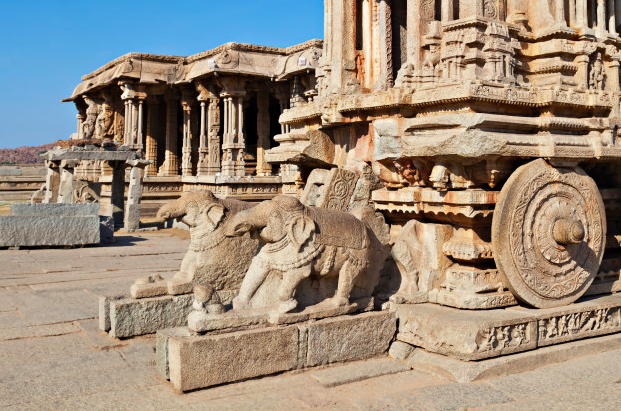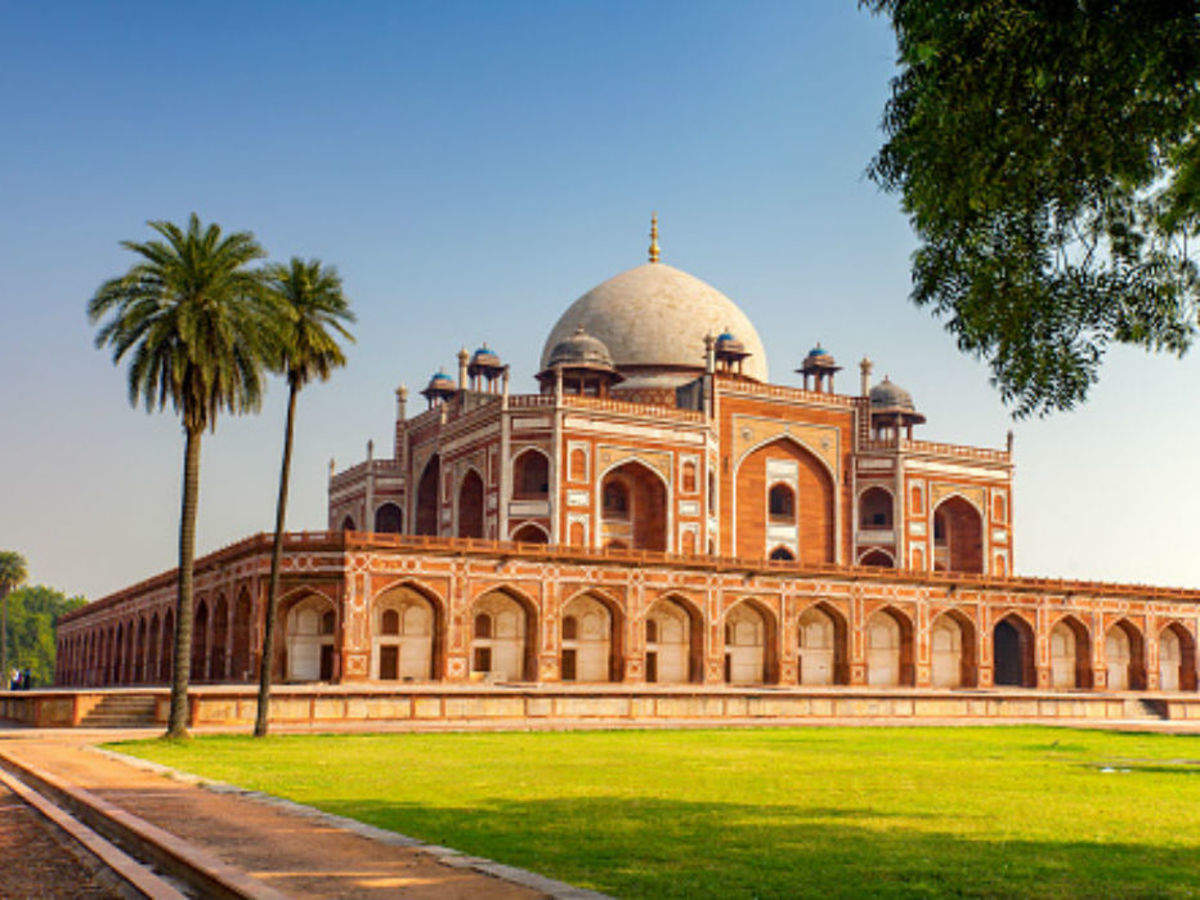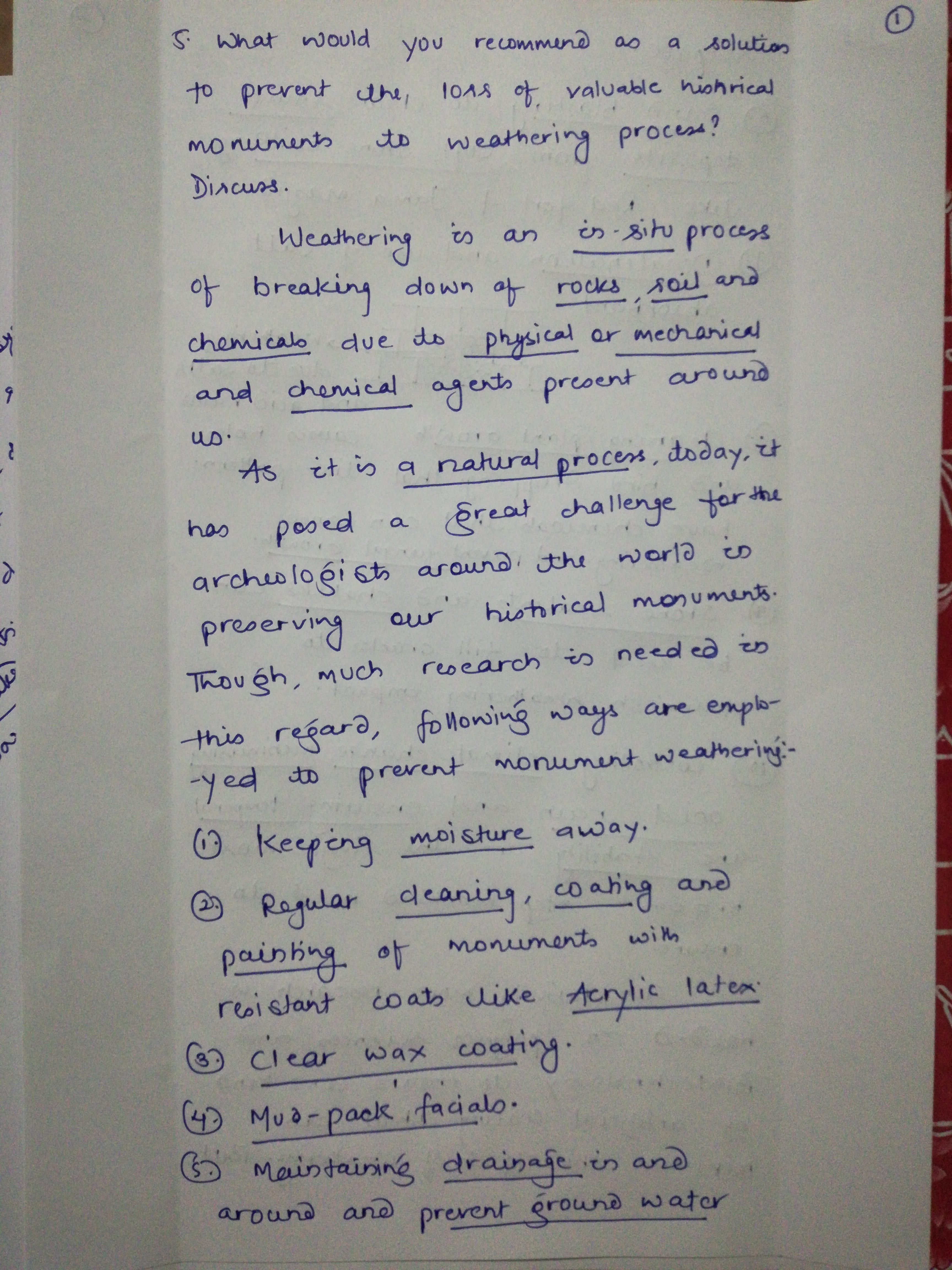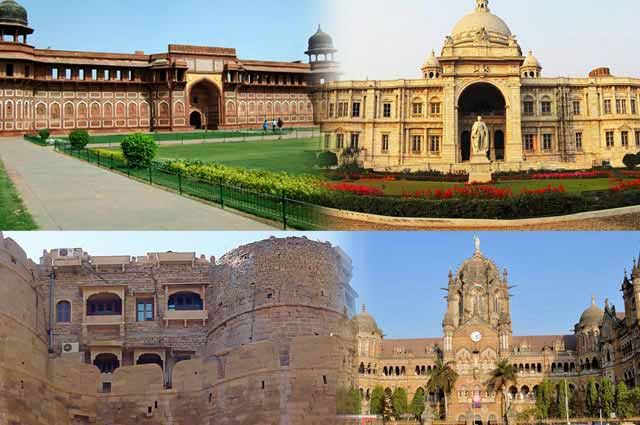India is a country with a rich history and cultural heritage, reflected in the many historical monuments found throughout the country. These monuments not only serve as important landmarks, but also as sources of pride and cultural identity for the people of India. However, with the passage of time, these monuments are at risk of deterioration due to various factors such as natural disasters, pollution, and lack of maintenance. It is therefore important to preserve these historical monuments to ensure that they can be enjoyed by future generations.
One way to preserve historical monuments in India is through proper maintenance and repair. This includes regular cleaning, painting, and structural repairs to ensure that the monuments are in good condition. It is also important to protect the monuments from natural disasters such as earthquakes, floods, and storms, which can cause significant damage. This can be done by reinforcing the structures and using materials that are resistant to such disasters.
Another way to preserve historical monuments in India is through education and awareness campaigns. By educating the public about the importance and significance of these monuments, people will be more likely to appreciate and respect them. This can include creating educational materials and exhibits, organizing guided tours, and hosting cultural events and festivals.
In addition, it is important to involve local communities in the preservation of historical monuments. Local communities often have a deep connection to these monuments and can play a crucial role in their preservation. Involving them in the planning and decision-making process can help ensure that the monuments are preserved in a way that is meaningful and respectful to the community.
Finally, it is important to have strong legal protections in place to ensure that historical monuments are preserved. This can include laws that prohibit the destruction or alteration of these monuments, as well as laws that provide funding and resources for their preservation.
In conclusion, preserving historical monuments in India is essential for preserving the country's rich cultural heritage and identity. By using a combination of proper maintenance and repair, education and awareness campaigns, community involvement, and strong legal protections, we can ensure that these important landmarks are preserved for future generations to enjoy.
